My friend Annie Paraison shared some insightful ideas about racism in Part 1. Now I will discuss my thoughts on some of the points she raised. As well, I will challenge you to educate yourself and your students and have provided some ideas below.
Read MoreAnnie was in my group at Berkeley last summer, where we participated in an international conference for teachers on social and emotional learning (SEL). Our close-knit group still meets regularly on Zoom, supporting each other through breakdowns and celebrating breakthroughs. The other day I asked Annie, who lives in the U.S., what it is like being black with so much visible outrage boiling all around us. She gave some food for thought.
Read MoreIn the same way that the soil has to be rich and fertile to grow into strong, healthy plants, so do the relationships in students’ lives need to be fertile to raise strong, contributing human beings in society. It is critical to have relationships that work inside and outside of school. Administrators and teachers, caretakers and teachers, caretakers and students, parents and staff are all critical for nurturing young minds and setting examples.
Read MoreLearn how the Deep Learning at Home series intentionally teaches social and emotional skills and character development through the arts. Know how each lesson can stimulate family or group discussion. Integrate the affirmation in each lesson and create precious moments during this time of change.
Read MoreThe students wanted to learn some English so, my colleague, who did not speak Dutch, did a great job teaching choreography for “Wavin Flag.” And the students learned to sing the chorus, which they loved. Social and Emotional Learning (SEL) Skills, such as Making Decisions, is Best Learned, Retained and Transferred to Life by Living Inside a Story.
Read MoreYour students need ways to move, be creative and learn deeply. I am creating a free teacher training series called Deep Learning at Home, where you can teach your students to think deeply while having fun. When it all passes, there will be a “new normal.” Contemplating these questions will inform our new normal.
Read MoreI am checking in with you. Some of us are deeply impacted by the big change and others not as much. In conversation, many have shared that you are using this time to reflect on your career and ask some of the bigger questions like, "What is my purpose?". This is an opportunity for us to get away from the daily pressures and ask these questions. When it all passes, there will be a “new normal.” Contemplating these questions will inform our new normal.
Read MoreAfter teaching a grade 6 class for half an hour, Josh approaches me with tears in his eyes. “Ms. Boersma, none of the kids like me. No one wants to work with me. The other boys always ignore me.” I notice many of the girls are quiet, and many of the boys are trying to fit in. The same few people are participating in class discussions. The students freely participate in “side conversations” and giggling at inappropriate times. They are not bad students. They just have a bad habit.
Read More

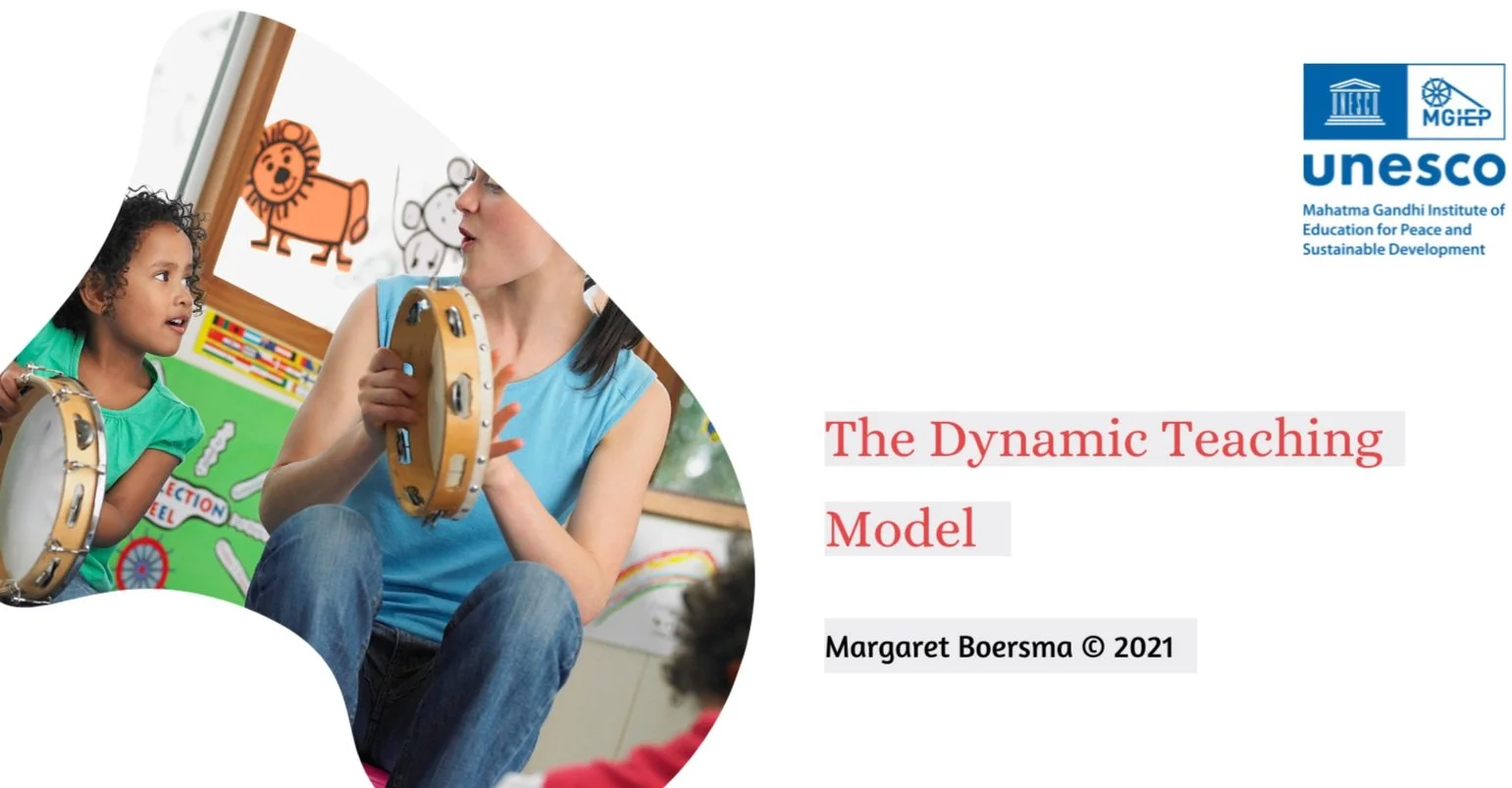
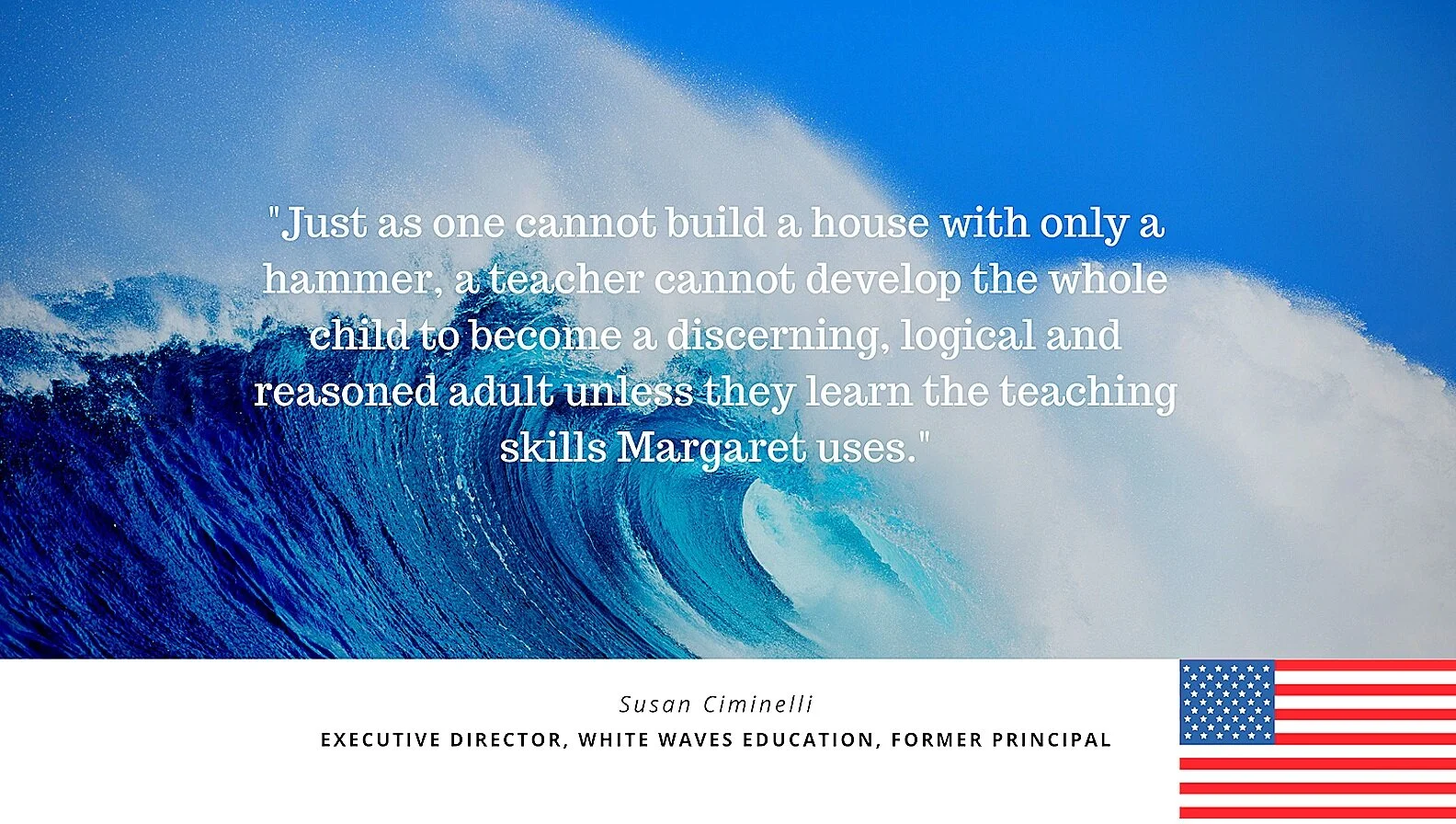


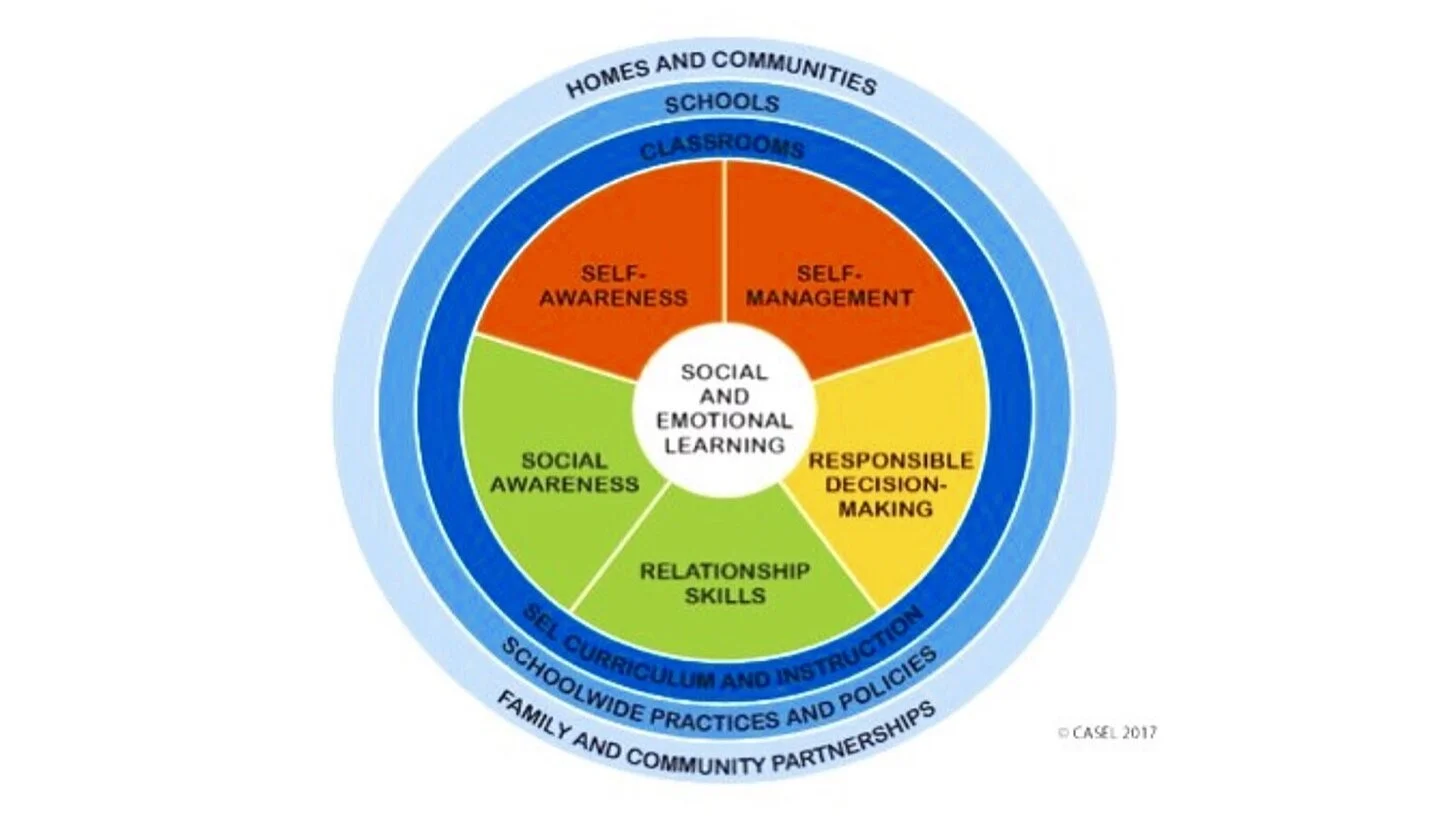











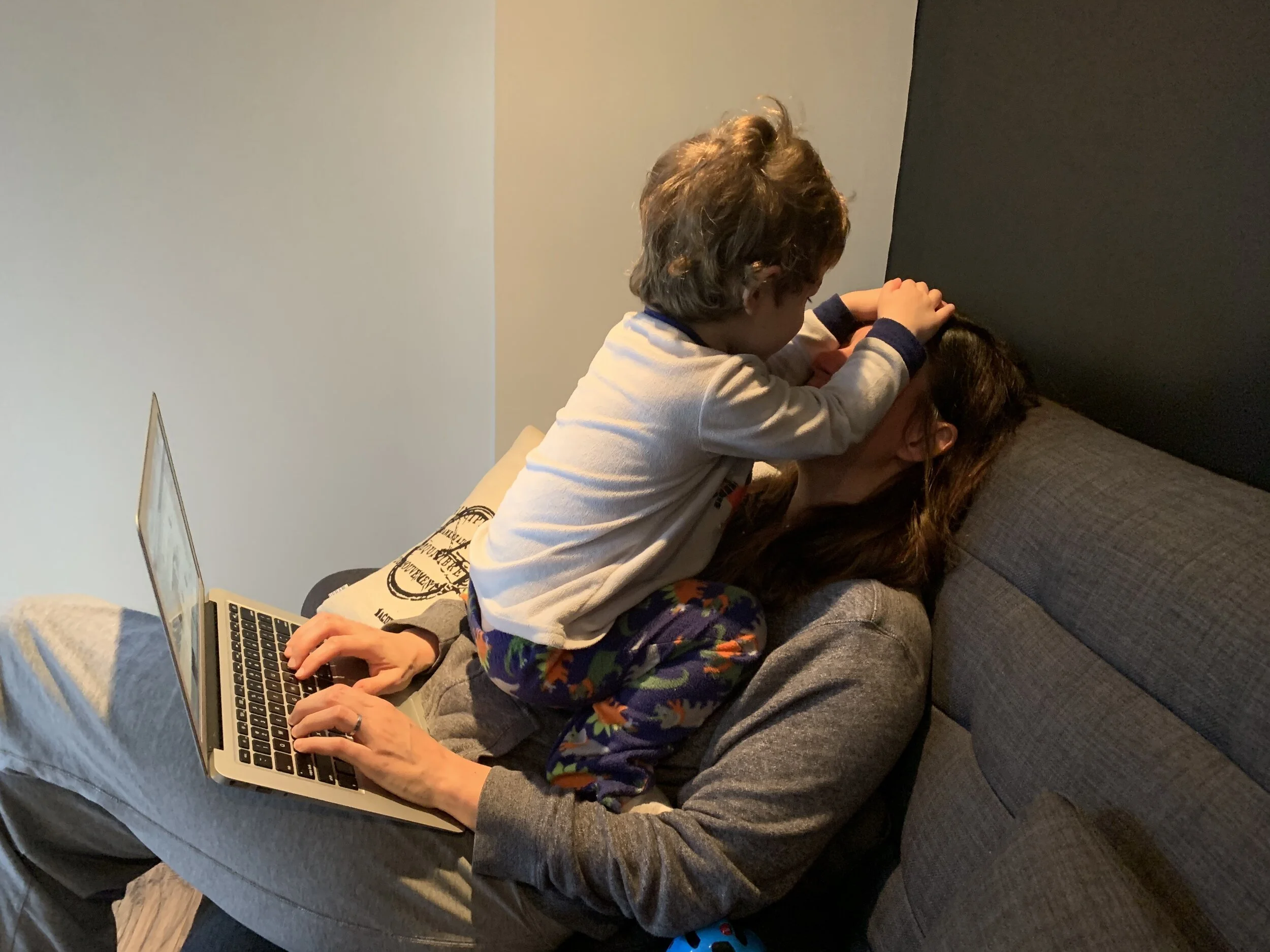
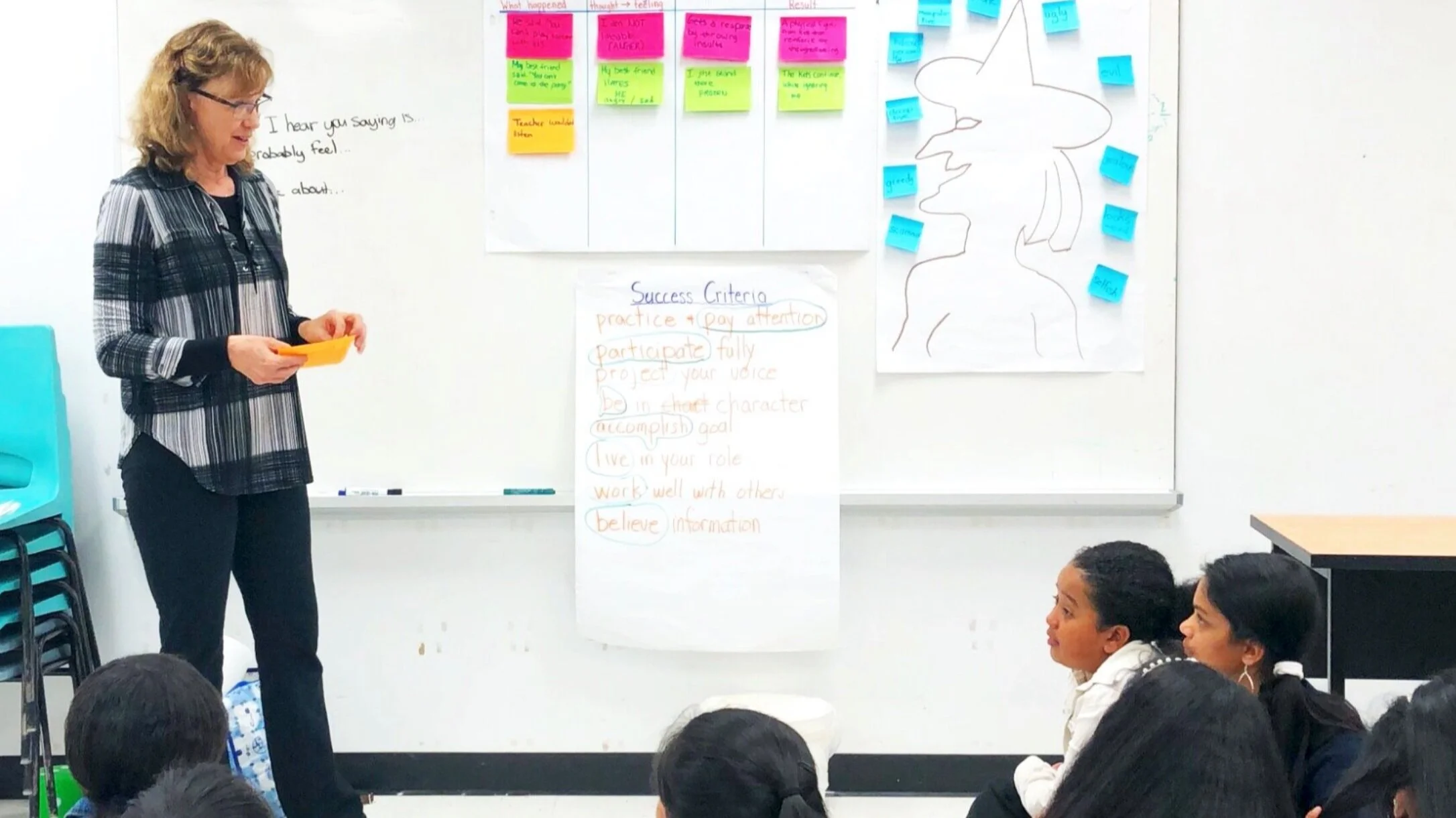
Analogical Problem-Solving ™ is what I call teaching by living inside a story such as the Us and Them unit. Students have agency/voice to make decisions inside their class story, an analogy of life. As teachers, we carefully follow their suggestions and integrate lessons as we plan strategies that allow them to discover their learning. Students learn real-life lessons without real-life consequences. They realize at a profound level that we have so much in common. We are all connected. Ultimately the students decide war is not worth the enormous human cost. And they internalize that we are all part of the human race.